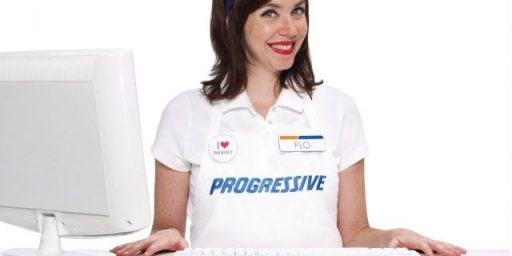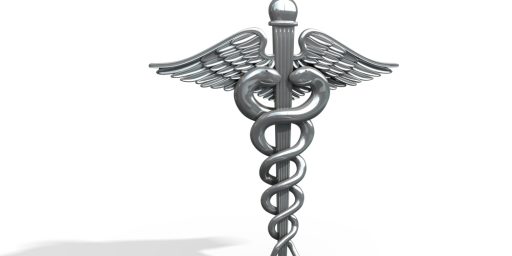Information, DNA Testing and Economics
Over at reason Katherine Mangu-Ward has an interesting article on DNA testing and some of the impacts on workers, employers and the health care debate. She points to a bill in Congress that deals with this issue.
Congress reached an agreement clearing the way for a bill to prohibit discrimination by employers and health insurers on the basis of genetic tests.
Senator Tom Coburn, an Oklahoma Republican who had been almost single-handedly holding up action on the bill, said in an interview Tuesday that most of his concerns had been resolved and predicted that the bill would pass soon.
Proponents say the new law, more than a dozen years in the making, would help usher in an age of genetic medicine, in which DNA tests might help predict if a person is at risk of a disease, allowing action to be taken to prevent it.
Some of the tests already exist, like one for breast cancer risk, and new ones are being introduced almost every month. But backers of the legislation say many people are afraid of taking such tests because they fear the results would be used to deny them employment or health insurance.
This is a great of how information can prevent the market from arriving at the optimal solution. For example, if you are genetically predisposed towards a given condition then finding out early might be the best in terms of treating the problem and being more proactive (i.e. testing for that condition earlier and more often than one otherwise would). At the same time, when such information becomes available insurance (in the true sense of the word, not the nonsense we have today) becomes problematic. Insurance works best when you have events that are costly and also uncommon. You wouldn’t want to get insurance for the common cold. Similarly you don’t want to offer insurance that covers child birth since that is a voluntary act, it would be like offering car insurance to drivers at a demolition derby. Then there are firms who may not be thrilled with investing a considerable amount of time training an employee only to have that employee no longer able to function in that job due to either disability or death. So should a firm be able to use such information in hiring decisions?
From a purely theoretical stand point the optimal market outcome is achievable only under situations where information is perfect. As such, hiding information, as this legislation does, creates a wedge between what the actual outcome is and the theoretically optimal solution. However, Mangu-Ward is missing one little fly ointment in regards to her take on this issue. We are already dealing with a sub-optimal situation. Part of the problem is due to informational asymmetries. It isn’t necessarily clear that removing some, but not all, of those asymmetries will result in an improvement. For example, a law that prohibits employers and insurance companies from discriminating against employees who have a genetic predisposition for a condition would remove some of the incentive problems in terms of using that information to obtain timely and improved medical treatment.






I would once again point out that a free market arrives at the optimal solution for the market, which is not always optimal for the people involved.
Being able to discriminate based on DNA may be beneficial for employers, and certainly of insurers, but that will leave a lot of people without independent income or health care, so they either die or we tax payers cover them. It’s a win for the market, but a loss for all of us.